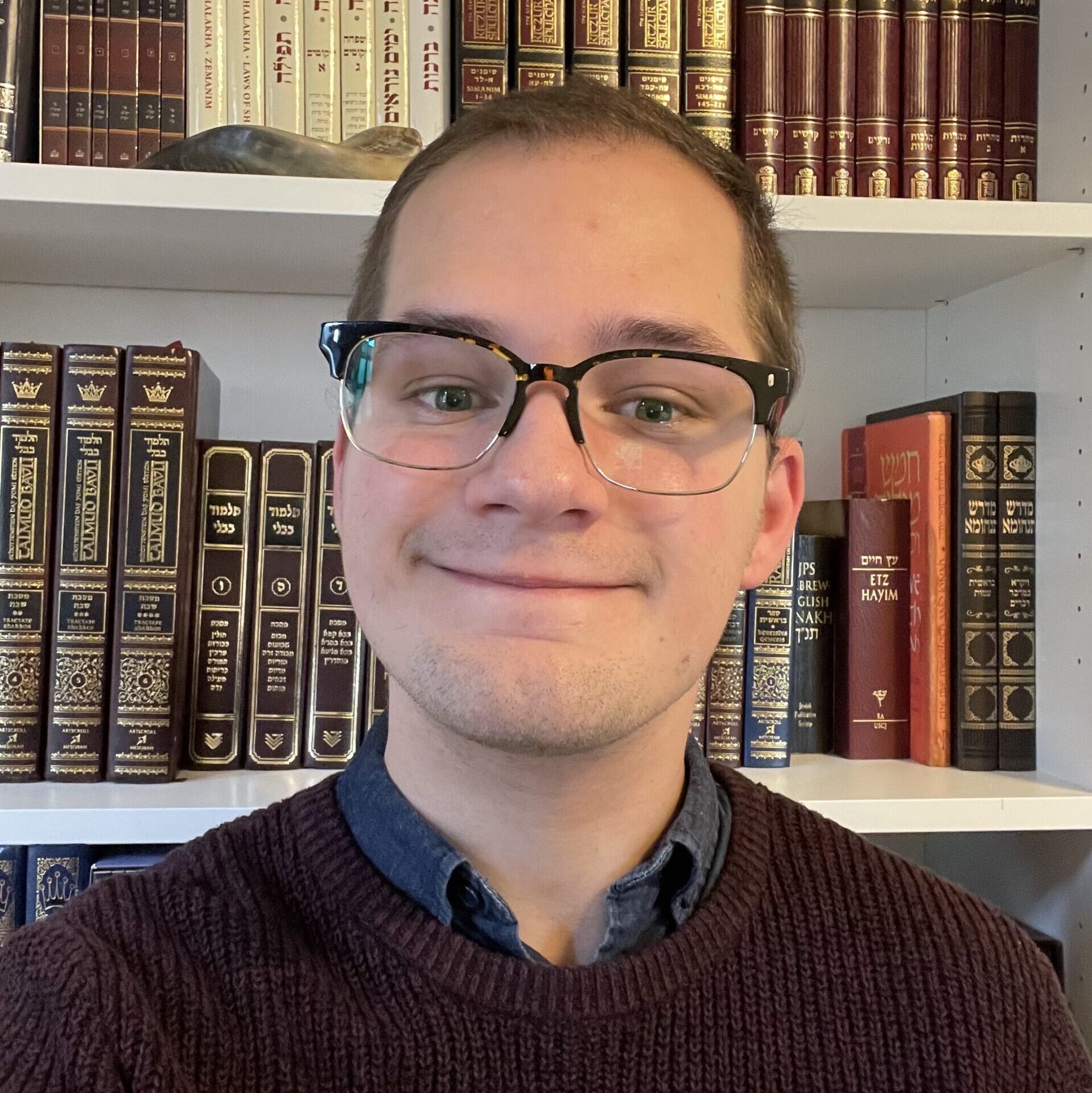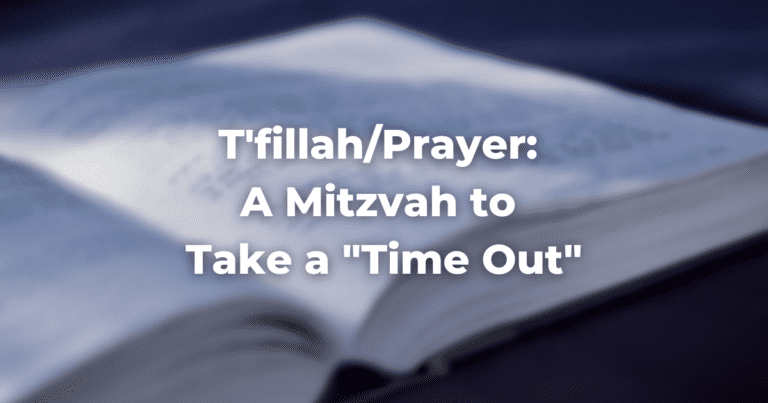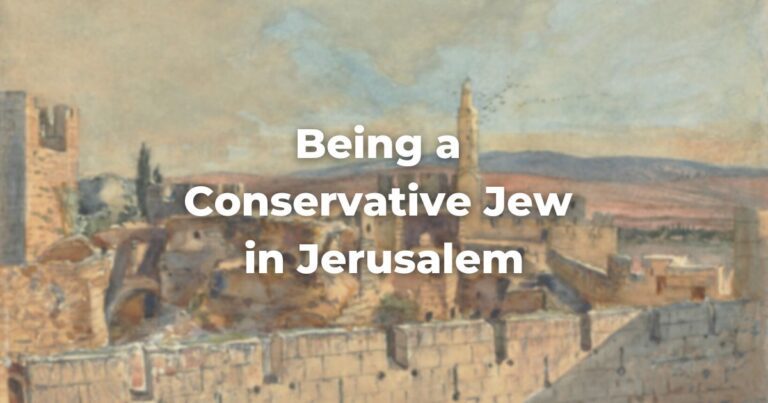Life exists in relation. The question is how we relate to others? To objects, to people, to G-d?
For philosopher Martin Buber, it is in one of two ways: I-It or I-Thou.
Most of our relationships exist on the I-It level. This type of relationship is primarily that of objectification, wherein we experience the other in relation to our own existence. “I moved the book”. “I saw her”. “I prayed”. In each of these examples, there is a clear subject and a clear (or implied) object. The object is external from the subject, existing only in relation to the subject.
For Buber, the higher form of relationship is that of I-Thou. In this relationship, the subject comes to recognise that the other is more than an object of their perception, but rather an independent subject in relationship with them.
In this form of relationship, we come to see the other as existing independently from ourselves.
Buber writes further that this I-Thou relationship can exist in three spheres:
“The first: life with nature. Here the relation vibrates in the dark and remains below language. The creatures stir across from us, but they are unable to come to us, and the You we say to them sticks to the threshold of language.
The second: life with men. Here the relation is manifest and enters language. We can give and receive the You.
The third: life with spiritual beings. Here the relation is in a cloud but reveals itself, it lacks but creates language. We hear no You and yet feel addressed; we answer – creating, thinking, acting: with our being we speak the basic word, unable to say You with our mouth.”
He continues to examine each of these spheres in greater depth, but in summary they are: life with objects, life with people, and life with the Divine.
When reading this, an older teaching found in Pirkei deRabbi Eliezer comes to mind:
על שלושה דברים העולם עומד על התורה, ועל העבודה, ועל גמילות חסדים.
On three things does the world stand: on TorahRefers to the first five books of the Hebrew Bible, the Tanakh, also called the Five Books of Moses, Pentateuch or the Hebrew equivalent, Humash. This is also called the Written Torah. The term may also refer to teachings that expound on Jewish tradition. Read more, on prayer, and on acts of loving-kindness.
(Pirkei DeRabbi Eliezer 16:2)
It seems that there is a strong parallel between these two texts. Torah connects to Buber’s first sphere, prayer with his third, and acts of loving-kindness his second.
In each of these three themes: Torah, prayer, and acts of loving-kindness – we can make them into a relationship of I-It or one of I-Thou.
What would these look like through an I-It relationship?
These acts would become centered on the self, objectifying the other.
The text we are studying becomes but an object. It is no longer a conversation, no longer can inspire, it is an object to be understood in light of our experiences and emotions. Our prayer would become stifled, directed to a cold It. The words would become meaningless upon our lips. And our actions would be self-centered. Being done only as a perfunctory act.
How can we view these acts through an I-Thou relationship?
When studying Torah, we can see the text for what it is. Try to hear the voices represented in it and to understand its words. We can have a dialogue with it, argue in favor or against it.
When in prayer, we can pause and focus on the One to Whom we are addressing. We say “blessed are You” not “blessed are They/It”. We are not reciting mere words, we are addressing our Creature who listens.
And when doing acts of loving-kindness, we can remember who is on the other end. When we give tzedakah, we should recall that this isn’t an empty act. We should think about the recipient and remember that they too are an individual with their own story. When we visit the sick, we should see the other in their experience, not through our own.
Our tradition teaches that each of us, each and every piece of creation contains fragments of the Divine. If we try to look past the tangible, if we focus on the other, perhaps we can come to see the Divine, even if only for a second.
“In every sphere, through everything that becomes present to us, we gaze toward the train of the eternal You; in each we perceive a breath of it; in every You we address the eternal You”.
Author
-

Ariel is a rabbinical student at the Jewish Theological Seminary in New York. Outside of rabbinical school, they are a member of the Steering Committee for Svara's Trans Halakha Project, also serving as a member of the Teshuva Writing Collective. Their passion topics are halakha and theology, approaching both from a thoroughly traditional, yet radically queer framework. Ariel is a Midwestern native, coming to New York from Ohio where they received their bachelors in French and Comparative Religious Studies. They were also extensively involved in the local queer and Jewish communities.
View all posts






